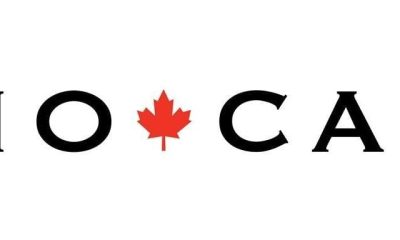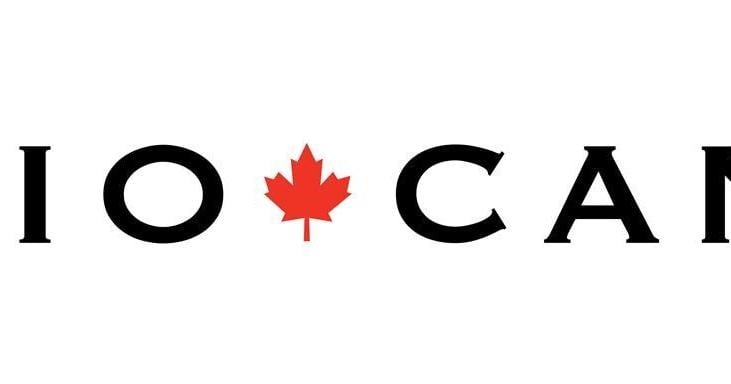MONTREAL – Operations at the Port of Montreal were greatly reduced Monday as the Maritime Employers Association made good on a threat to lock out nearly 1,200 longshore workers if they didn’t accept what it called a final contract offer.
The lockout took effect at 9 p.m. on Sunday, and the employers’ association is asking federal Labour Minister Steven MacKinnon to intervene. MacKinnon’s office issued a statement Monday calling on both sides at the country’s second largest port to get back to the negotiating table.
“The parties must understand the urgency of the situation and do the work necessary to reach an agreement,” his office said. “Canadians are counting on them.”
The union told a news conference on Monday it is ready to return to the table as early as Tuesday. But Michel Murray, an adviser with the Canadian Union of Public Employees, which represents the dock workers, said union overtures have received no response from the employer.
Murray told a news conference simultaneous lockouts in Montreal and Vancouver seem designed to force the federal government’s hand. Port workers in British Columbia are locked out amid a labour dispute involving more than 700 longshore supervisors, resulting in a paralysis of container cargo traffic at terminals across Canada’s west coast.
“We hope that the employer side will emerge from its silence of the past three weeks,” Murray said. “But clearly, when we look at what is happening, the lockout in Vancouver, the lockout in Montreal, we feel that it is a co-ordinated, planned attempt to increase the pressure on the federal government so that it intervenes in our file.”
Julie Gascon, CEO of the Montreal Port Authority, warned of “catastrophic” economic consequences of a prolonged conflict.
“This lockout affects not only the 1,200 longshoremen directly impacted by the work stoppage, but it also impacts over 10,000 workers in the logistics sector, from trucking and railway employees to maritime agents and pilots,” she said in a statement.
“Logistics jobs are the first to be affected, which inevitably sets off a domino effect throughout the entire economy in the markets we serve.”
Gascon told reporters in an early morning news conference effects will trickle down to other parts of the economy. “Today the conflict is impacting the supply chain, but tomorrow the conflict will impact factories as well, after that, it will be retailers,” she said.
The Port of Montreal, which moves nearly $400 million in goods every day, said essential services will continue, with liquid bulk terminals and the grain terminal among those remaining open.
The employers association in Montreal said it initiated the lockout after the unionized workers voted almost unanimously to reject a contract offer tabled last week. The workers have been without a collective agreement since Dec. 31 and had rejected two previous offers.
The employer said last week its latest offer included a three-per-cent salary increase each year for four years and a 3.5 per cent increase for the two subsequent years. The employer said the increases offered would bring a longshore worker’s total average compensation to more than $200,000 per year at the end of the six-year contract.
The union, the Syndicat des débardeurs du port de Montréal, called the figure exaggerated. It said the employer is focused on salaries, but what members want are improvements in scheduling and work-life balance. Members who are parents do not want to have stretches where they work 19 out of 21 days, it said.
Murray said it’s time to put those previous offers — which clearly cannot be the basis of any agreement — in the “shredder” and discuss what it will take for both sides to enter into a long-term agreement.
The Conseil du patronat, which represents Quebec employers, said it is very concerned about the latest work stoppage. It and a group representing manufacturers called on the federal government to intervene.
“Businesses and citizens can no longer bear the cost of this situation, which is repeated too often,” the Conseil du patronat said in a statement.
This report by The Canadian Press was first published Nov. 11, 2024.
— With files from Lia Lévesque
































